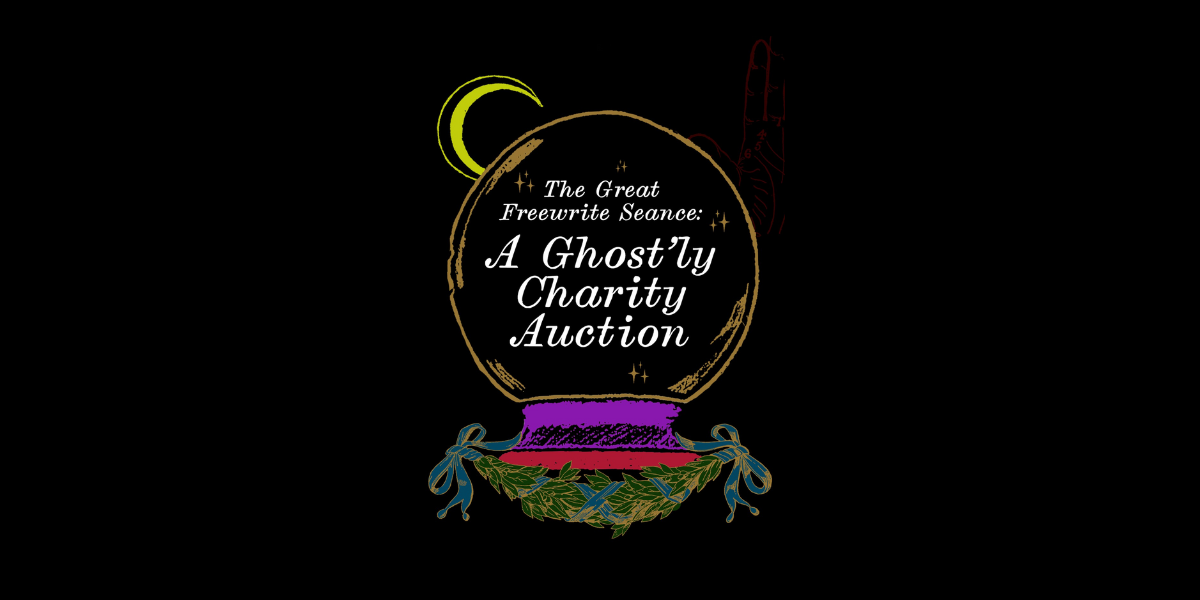Today’s guest post is by editor and author Susan DeFreitas (@manzanitafire), whose debut novel, Hot Season, won the 2017 Gold IPPY Award for Best Fiction of the Mountain-West.
Some of the most brilliant writers fail to get published, and not because their work isn’t ready for publication, but because they fail to submit their work.
Maybe you’re one of them. Or maybe you’re one of those who submits a short story, essay, or query once in a blue moon, hoping for the best (but, more likely than not, getting rejected).
Or maybe you’ve developed a more systematic approach to submissions, but still have yet to break through with the byline or book deal you’ve been aiming for.
It might be that your work isn’t ready yet for publication; on the other hand, it might be that your current submissions strategy isn’t working.
In my 20+ years as a writer, and close to 10 now as an editor, I’ve learned a few things about the submissions process, and a few things about publishing too—and it’s my hope that what I’ve learned will help you develop a more efficient, more effective submissions strategy.
1. Double up
Publishing is, at its heart, a numbers game; most literary journals and magazines receive a thousand or more submissions a year, with acceptance rates hovering between .5 and 2.5 percent.
Those numbers should make it clear that in order to get results, no matter how brilliant your submission may be, you need to have your work under consideration in many different places. (Most literary journals allow for simultaneous submissions, which makes this easier; most genre magazines do not.)
Of course, there are only so many hours in the day, week, month, and year, and if you’re already overloaded with other obligations, the responsibility to submit your work can seem overwhelming—even paralyzing.
But there’s a simple trick to avoid that sort of paralysis: however many submissions you tend to have out at a time, double it. That means, if you have nothing currently under consideration, submit one thing; if you have a piece under consideration by five publications, submit to five more.
2. Follow up
New writers tend to take rejection hard; more experienced writers hardly notice it. But if you don’t take the time to read your rejections carefully, you may miss the fact it has been rejected with regrets.
This is one of those “nice” rejections; it might mention that while the editors enjoyed the piece, they ultimately decided that it wasn’t right for their publication. Rejections like this often come with an invitation to submit more work.
These kind of rejections can sting, sometimes more than the standard form letter (so close!). But it’s important to realize what the nice rejection letter really means.
Kate Winterheimer, the founding editor of The Masters Review, notes that she has published many authors who had been previously rejected many times. “I can’t emphasize enough that continuing to submit to the same literary magazine is something you absolutely should do,” she says. “It’s terrible to think they might not submit to us again when their work is so close and such a strong fit, but has otherwise been beat out by other stories. We’ve published several authors who first received rejections from us.”
If you love a publication, and the editors there love you, keep sending them your work.
3. Periodically revise
If you stopped to edit your work each and every time you sat down to send it out, you’d never send it out at all. (Writers are notorious perfectionists.) But if you’ve collected five or ten rejections on a piece, it might be time to revisit the piece with newer, fresher eyes and see if it might benefit from revision
That revision might be structural—for instance, a new ending—or it might be cosmetic (almost any piece can benefit from a nip and tuck here and there). Either way, revisiting the piece may be the key to getting an acceptance in your next round of submissions.
4. Send out polished work
We all know the shiny allure of a just-finished piece—which seems to lack so many of the flaws of our earlier, less sophisticated work—and in the first flush of excitement, it can be tempting to send it out for consideration.
This is a strategy that makes sense for topical, nonfiction (essays and articles), especially if it intersects with the current news cycle. But for fiction and poetry, that first flush of excitement often hides fundamental flaws that you would have caught during the process of revision.
When in doubt, submit your most polished work—which, in general, tends to be older.
5. Always be circulating.
There are many writers who will do a big submissions push on an infrequent basis—say, once a year. One by one, the rejections roll in, and this writer lets them accrue until the piece is no longer in circulation.
If this is all you can manage, great. But if you’re serious about getting published, it makes sense to observe what The Review Review terms, “the ABCs of lit mag publishing: always be circulating.”
One way to achieve this goal is to submit on a one-to-one basis: for every rejection you receive, one submission goes out. (Want to level up even further? For every rejection you receive, submit to five more publications.)
6. Do your research
It’s great to have big ambitions for your work. But if you’ve been submitting for a while and have only been submitting to the top-tier publications, it might be time to reconsider your publications strategy.
Everyone wants to be published by The New Yorker (or Asimov’s, as the case may be). But that means everyone is submitting to these publications too. On a purely statistical basis, you owe it to yourself to check out the publications that not everyone has heard of, and to get to know their work.
There are so many high-quality, lesser-known publications out there, and many of them even pay a professional rate.
7. Look for the limits
Any factor that limits the number of submissions in a given slush pile is your friend.
That limiting factor might be the fact that the journal is only open to submissions for a week twice a year. Or that the contest is only open to women under 35, or poets from upstate New York—or, even better female poets under 35 from upstate New York!
Even as broad a category as gender has the potential to cut your competition in half—so, in surveying your submissions opportunities, look for the limits.
8. Keep track
Does all of this sound like a lot to keep track of? It is.
Add in the number of times you’ve submitted a piece, its word count, some key words that might help in targeting submissions, and you’ve got a whole mess of information on your hands, which is why I recommend using a spreadsheet to track your submissions.
9. Submit early
We’re all busy people, which is why so many of us wait until close to the contest deadline or end of the submissions window to submit.
But editors and general readers are busy people too, which is why they generally do not wait until the contest or submissions window closes to start reading, and the way they read at the beginning of their journey through the slush is not the way they read at the end.
If you want to give yourself the best odds with a given contest or publication, send in your work as soon as submissions open.
10. Submit often
Finally, remember that submitting is an essential activity for every writer who aspires to be an author. It pays to stay abreast of new publication opportunities as they arise, and to submit work frequently enough that you can take advantage of those opportunities whenever they come your way.
--
Now it’s your turn. What are some of the submission strategies that have proven helpful to you? Let me know in the comments below.

An author, editor, and educator, Susan DeFreitas’s creative work has appeared in (or is forthcoming from) The Writer’s Chronicle, The Utne Reader, Story, Southwestern American Literature, and Weber—The Contemporary West, along with more than twenty other journals and anthologies. She is the author of the novel Hot Season (Harvard Square Editions), which won the 2017 Gold IPPY Award for Best Fiction of the Mountain West. She holds an MFA from Pacific University and lives in Portland, Oregon, where she serves as an editor with Indigo Editing & Publications.





























